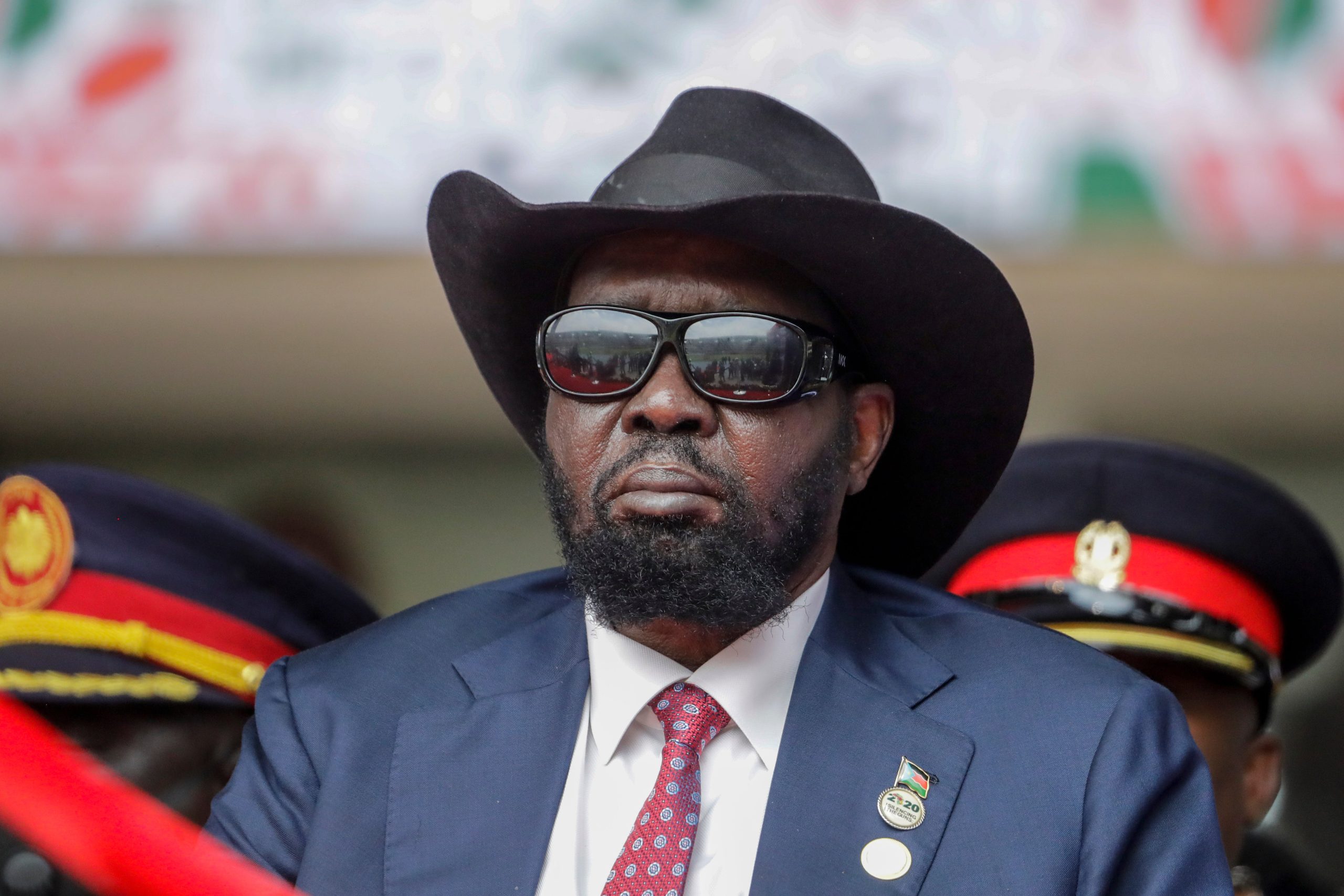A Mozambican Catholic bishop has lambasted the government over what he said was its failure to curb a radical Islamist insurgency ravaging the country’s north, claiming hundreds of civilian lives.
The bishop of Pemba and president of the Episcopal Commission of Justice and Peace, Dom Luiz Fernandes, accused national authorities and the international community of doing little to curb the wave of attacks he compared to a “cyclone”.
His comments came weeks before a September visit to Mozambique by Pope Francis as part of an African tour that will also take him to Madagascar and Mauritius.
Islamist fighters have terrorised remote communities in Mozambique’s gas-rich, Muslim-majority Cabo Delgado province since October 2017, killing more than 250 people and forcing thousands from their homes despite a heavy police and military presence in the area that borders Tanzania.
In a pastoral letter read out to worshippers over the weekend and seen by reporters, Fernandes said people in the affected areas get no protection from the authorities and receive hardly any humanitarian aid.
Army brigades stationed in the province “have rarely been able to prevent the attacks, because when they do occur the army is not there and often arrive late,” said the bishop.
Police have arrested more than 400 people since the attacks began, but only a few dozen have been tried and convicted.
The exact identity of the militants remains unclear and their motive unknown.
The Islamic State has claimed responsibility for two recent attacks, but analysts have expressed doubts over the claims, suggesting it was unlikely the group would have direct contact with fighters in Mozambique.
The bishop also slammed the government’s treatment of journalists trying to report on the attacks in Cabo Delgado, where several reporters and rights campaigners have been detained by police or the military.
Rights groups have accused security forces waging the fight against jihadists of serious abuses, including summary executions and arbitrary detention.


 Trending
Trending 


